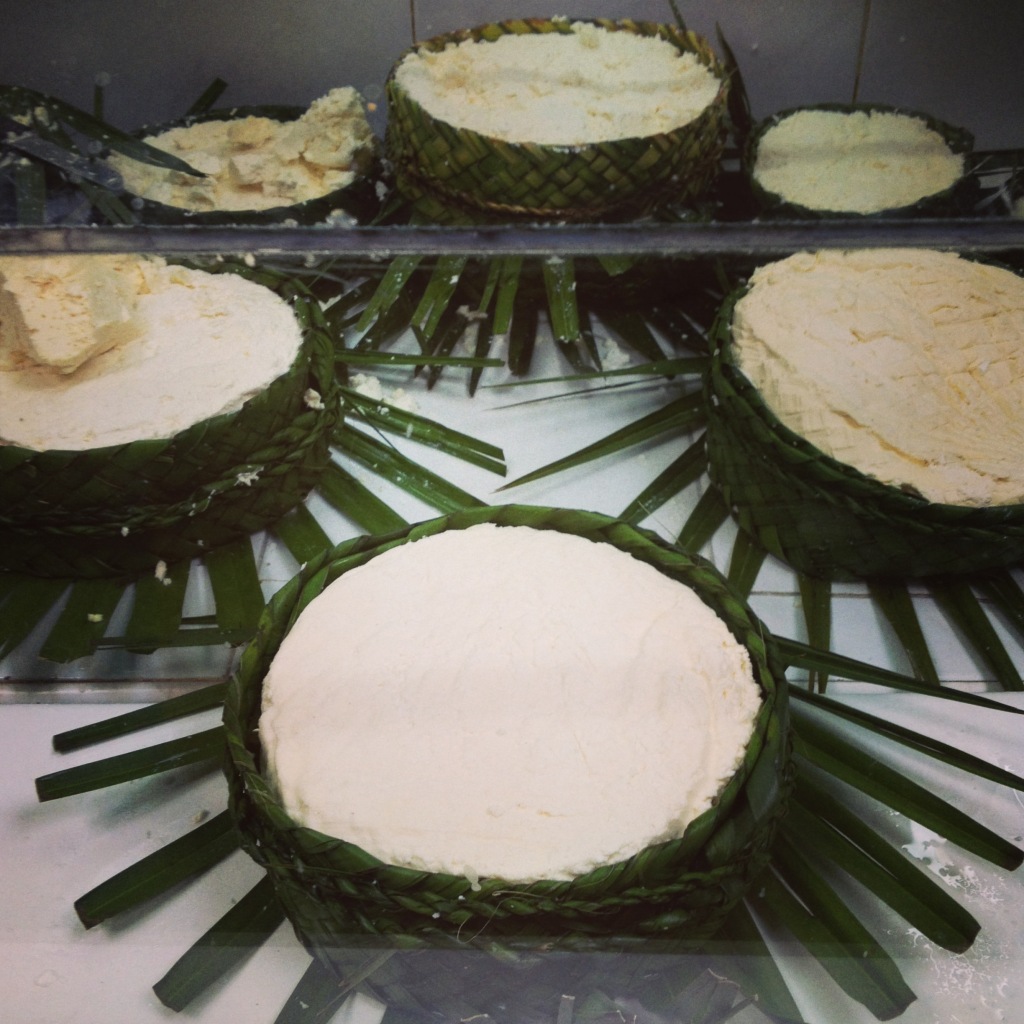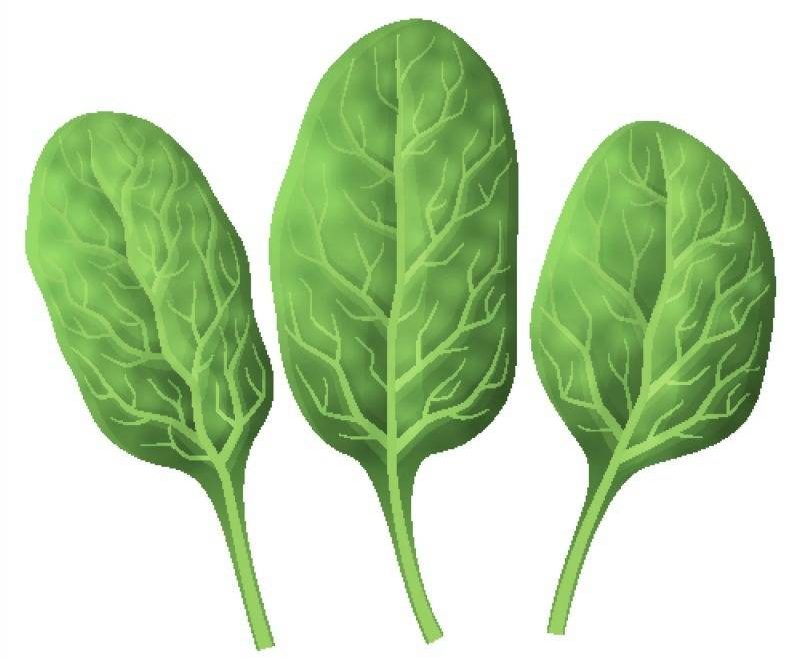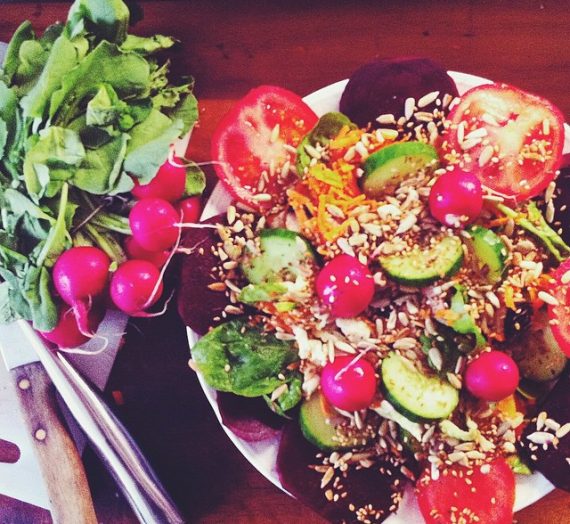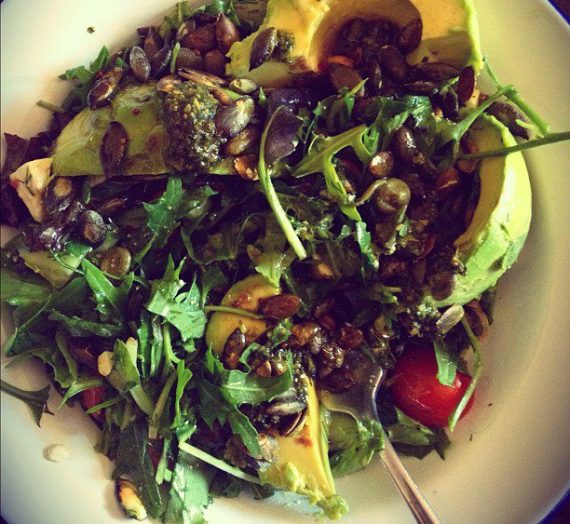Modern-day life has it’s luxuries.
It also has set backs.
As far as food goes, there are some wild things out there. Here’s a few to watch out for:
Sugar Substitutes
Just to name a few: Aspartame, Splenda, Sweet & Low, Equal, Zero.
These sugar impostors can most certainly be even worse for us then that white table sugar. Side effects from overuse of calorie-free sugar substitutes can include memory loss, fatigue, headaches, fatigue, infertility, blindness and eye and organ degeneration. There are even sources who say, “Aspartame is, by far, the most dangerous substance on the market (that has been added to foods).”
Healthful Alternatives
Raw / unpasteurized honey: Raw honey is packed with live enzymes, B vitamins and is knows to have deep healing properties. I only ask that you add raw honey to your tea when it’s cooled a bit. This will help keep the enzymes in tact.
Stevia: This plant has very little to no effect on our blood sugar levels. Make sure you purchase stevia in it’s most natural form. It should be green, as it’s simply crushed leaves from the stevia plant. When I lived in Vancouver, I grew my own stevia. I would clip leaves off and throw them right into my tea. The leaves can also be dried and crushed for later use. Check your local gardening supplier to see if they have stevia starters or seeds.
Refined / Processed Grain
The more a food has been processed, the harder it is for your body to break it down into useable nutrients. Many grain products on the market today have been high processed; which means much of the fiber has been removed and sugars often added. Crackers, cereals, breads, baked goods and pastas, are common culprits.
Healthful Alternatives
Make sure your eating the whole grain. Stock up in the bulk section at your grocery store: quinoa, millet, buckwheat, amaranth, teff and varieties of brown rice. Store in glass jars with tight lids. I always suggest making extra to have for leftovers the next day. Incorporate the whole grain into your breakfasts. You’ll save money and keep your digestion happy.
Conventional Meat
The farming of livestock has changed dramatically over the past century. Many people think of a farm as a rural collection of barns and fields run by one farming family. In reality, some farms are massive industrial-type facilities owned and operated by large corporations. It’s also very unfortunate that most meat is raised on grain, soy and corn; as well as given an over load of hormone and other growth promoting injections.
Healthful Alternatives
Wild meats are an excellent alternative. It’s also great to remember that cow’s are pasture grazing creatures. It’s natural for them to be roaming out in the fields, enjoy green grass and fresh air. Then of course, you can go for animal free / high protein choices like: hemp seeds, avocados, aduki beans, lentils, millet, quinoa, brown rice, broccoli, raw almonds, kale, spirulina, spinach and collards.
GMO
Genetically modified foods are food items that have had their DNA changed through genetic engineering. Monsanto is taking a lot of heat lately for being involved in the production of GM seeds.
Healthful Alternatives
Local seeds purchased from farmers’ markets and Coop stores. You can also grow your own food then, learn how to save your own seeds. This is an amazing way to have control over where you seeds are coming from. If you live in the city, grow food in planter boxes or big pots on the deck. Check out shared backyard programs and community garden options near you.
Pasteurized Dairy
Are you under the impression that milk and other dairy products are the top sources of calcium? It really isn’t the case. The dairy industry tends to be similar to the ways of beef factory farming. Often, dairy cow’s don’t even see the light of day.
Healthful Alternatives
Non-dairy, high calcium sources such as, broccoli, kale, spinach, sesame seeds, fennel, swiss chard, cabbage, squash, beans, garlic, brussels sprouts, basil, dill and asparagus. These foods will help with blood clotting, cell and nerve function and yes of course, strong bones and teeth.





